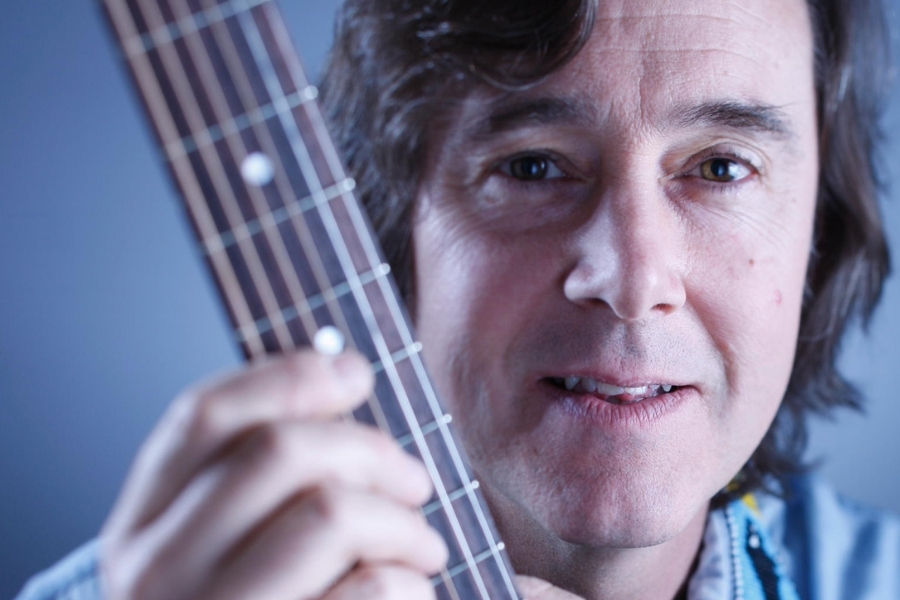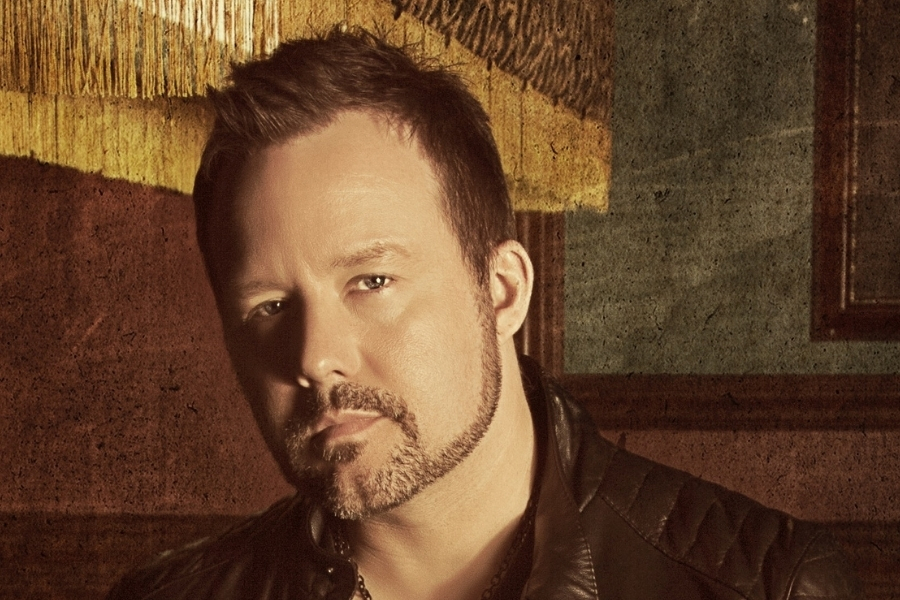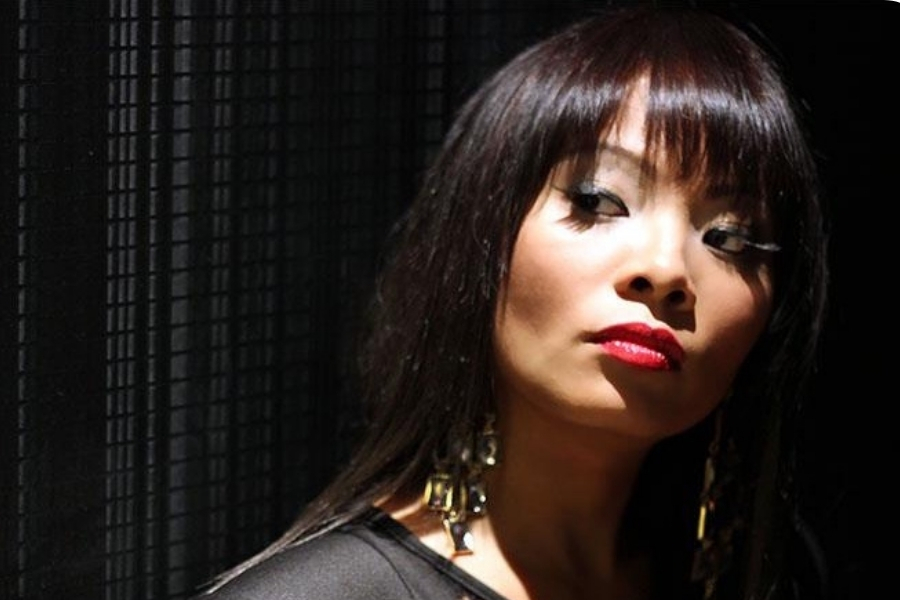Jay Semko is known internationally as singer/bassist with multiple JUNO Award nominees and Western Canadian Music Hall of Fame members The Northern Pikes, and as an award winning music composer for numerous film and TV productions, including the syndicated series, “Due South”. He is considered one of Canada’s premiere singer songwriters, with 10 solo albums released, and has co-written and recorded with many of the best songwriters and musicians in music.
Jay has recently released a new solo album, entitled “Never Sent” – a collection of 10 new songs, and in June 2018 he and the other members of the Northern Pikes were presented with the SOCAN Classic Award for their single “She Ain’t Pretty” receiving over 100,000 plays on Canadian radio. Jay continues to tour across Canada with the Northern Pikes and as a solo acoustic artist, sharing his songs, stories and adventures from his life in music.
Do you have a process to your songwriting or when creating music?
I really don’t have a set “formula” or “schedule” when songwriting, but there are a few things I’ve learned through experience. When I’m writing alone, I tend to do it in pieces, and generally just over the course of a day or so, getting the raw material down and then finding the spots in the lyrics or music that I want to change/improve/edit, that process can continue right up until a final recording of a song – I’ve become quite adept at self-editing (believe me, it didn’t happen overnight!!!) – I trust my instinct, and if there’s something that doesn’t feel right I know I need to revisit it. I find I start with lyrical ideas more often than musical ideas, but there is a fluidity about that and I never want to limit where the good things come from.
The nice thing about co-writing with other songwriters, and that includes working with my pals in the Northern Pikes, is that there are others to assist in the editing/quality control process – it just reduces the amount of time/stress/thought expended in that regard (two or more heads are better than one, usually). There are so many options available with the current technology that exists – I’ve written with people in other countries live via the internet, exchanged musical ideas back and forth through snippets on MP3s, thrown lyrical ideas back and forth over the phone and through emails. However, there’s something that can’t be beat about actually sitting together in a room with another human playing acoustic guitars or plonking on the piano.
When you’re physically co-writing, a title or theme to start with can really help to “steer the ship” and be a unifier to keep us on the same road. If I’m co-writing I often use my laptop, but I still really like pen and paper – that little bit of extra time to write things down can be good for adding one more level of reality to what’s happening in the creative process, and I like to record things in real time – that first time can sometimes hold magic.
Do you have a process to your songwriting or when creating music?
For me, music is like breathing – it’s just something that’s always there as a part of me, and I always seem to have a melody or phrase lurking around in my head. The biggest challenge is taking the time to physically connect and remember whatever is brewing in there. For me, thoughts and ideas fly around pretty fast, and I need a big musical butterfly net to snag them, which means write it down and or hum it/dictate it it into my phone or other recording device. Music, words, inspiration are all around us at all times and if I keep my mind open to whatever the world/universe/my soul can observe and soak in then the songs are there waiting to be written.
Now, having said that, I have been in positions where deadlines must be met for film or television productions or for other reasons, and that is not necessarily a bad thing – being forced to execute and commit when writing can really help me to focus and hone in – as the saying goes “necessity is the mother of invention”, and I must admit that I sometimes utilize adrenalin and time stress to my advantage. Inspiration is everywhere and omnipresent; life, love and relationships have always been, and always will be, an endless well of ideas for songs. They’re just there, waiting to be visited and embraced.
How did you learn your craft – was it a “formal” or “informal” music education?
I haven’t really had any “formal” education in regards to songwriting – I really just learned through trial and error. I played in various “cover bands” as a teenager, and I believe I learned quite a bit about songs and song forms by osmosis – you subconsciously pick up information about structure, hooks, things that work for audiences and listeners, and things you know you like but can’t really say why. The first “serious band I was in was The Idols, which was when I was 18 – we were a “new wave” band with a do-it-yourself work ethic from that era of punk/new wave bands. We played a lot of relatively obscure covers, and began to write our own songs. I wrote a number of songs that really didn’t have anything special happening, and I just kept at it until there was a change in my writing, both musically and lyrically – the songs got better when I began letting my old preconceptions about what songs should be fly out the window.
I started writing lyrics about things that were really happening in my world, and about relationships I had (or wished I had) that were real, with real names, places, events, crushes, loves, heartaches – my confidence grew the more I did it – certainly not an immediate thing – the old axiom “practice makes perfect” (or at least “better”) definitely applies. I worked hard at my writing, and I improved, just as simple as that.
Now, as time went on I became exposed to experienced writers with excellent ideas at workshops and on panels at industry events – people like Ralph Murphy and Bill Henderson – I was like many young people in music – I needed to stubbornly find my own way, develop humility, and then improve through osmosis, experience, and snippets of education. Songwriting is such an amazing and all-encompassing art form – I still have so much to learn about it, and I’ll never stop learning about it, it is truly a life’s work.



